Koalas may be an icon of Australia, but they are in trouble. Once numbering in…
Koala tensions continue to simmer
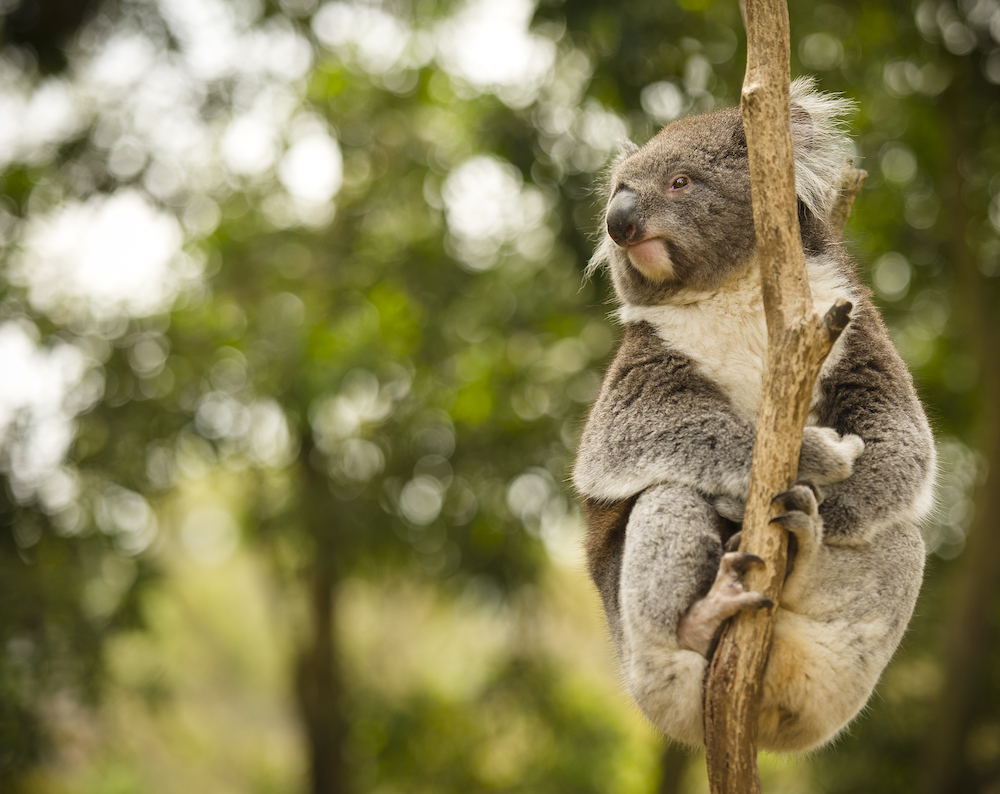
With amendments to the divisive koala planning policy now in discussion in the NSW Cabinet, NSW Farmers‘ is urging the Coalition to work together to find a way to protect koalas and allow farmers to appropriately manage their land.
In a bid to set the record straight about the koala planning policy, the association has launched a myth-busting media offensive about what the actual sticking points are with the SEPP as it currently stands.
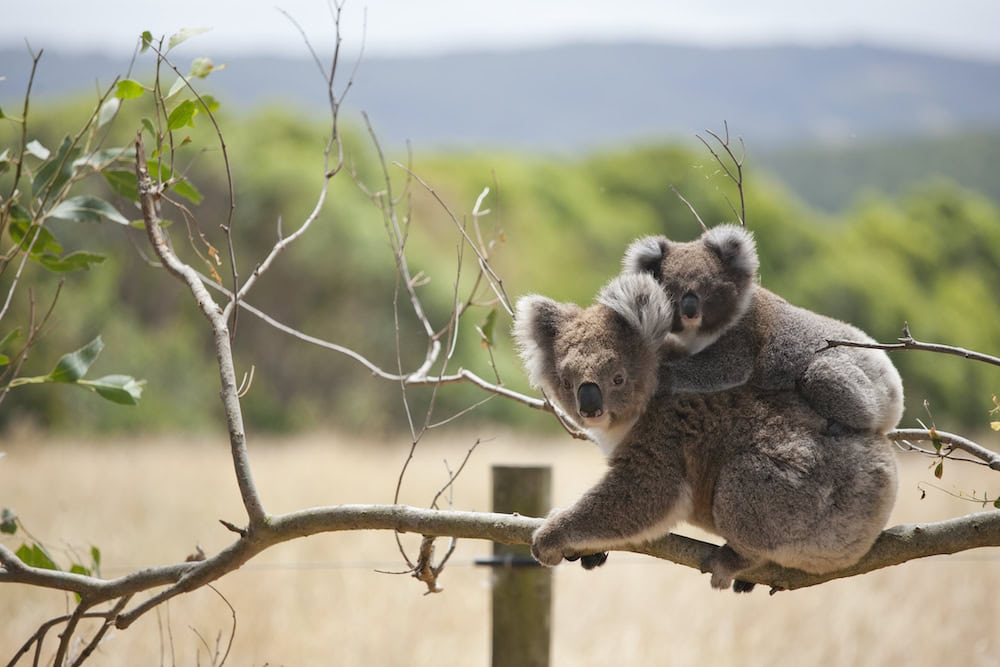
What was once a little-known planning instrument for urban and peri-urban developments was rapidly thrust into the spotlight two weeks ago when NSW Deputy Premier John Barilaro, with the backing of a number of Nationals MPs, threatened to block legislation if changes were not made to the SEPP.
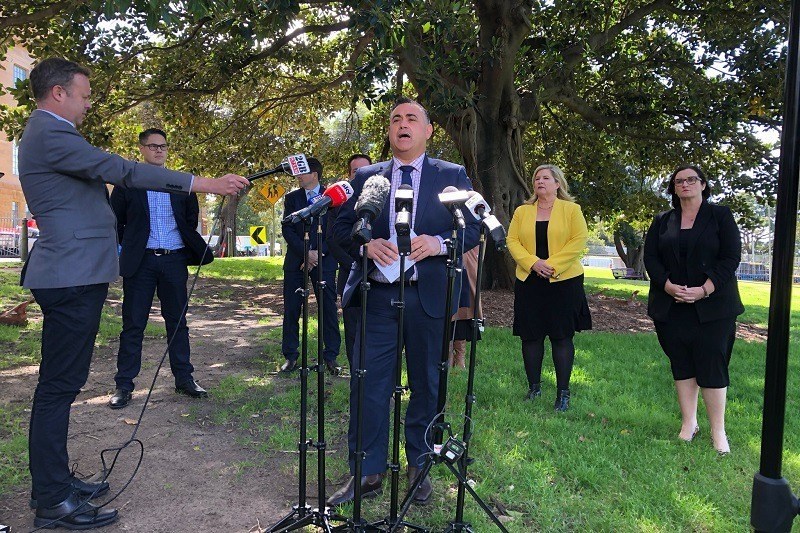
The koala SEPP became law in March this year with minimal consultation but has been criticised by farmers, who say the planning tool is based on inaccurate mapping and an imprecise definition of koala habitation which has dramatically increased the number of landholders that are legally bound to comply with its costly regulations.
It has also been criticised as being designed for the fringe of cities and large regional towns where housing development is likely to take place, not the wide expanses of NSW.
After an intense few days, Mr Barilaro ended up declaring he would not “blow up the government” over the issue but nontheless declared the strategy a success as it created discussion around the controversial issue.
The political reverberations of the issue are still being felt.
Mr Barilaro last week announced he would be taking four weeks off to attend to his mental health, while NSW Nationals MP for Port Macquarie, Leslie Williams, announced on Sunday she had resigned from the Nationals and would join the Liberal Party over the issue.
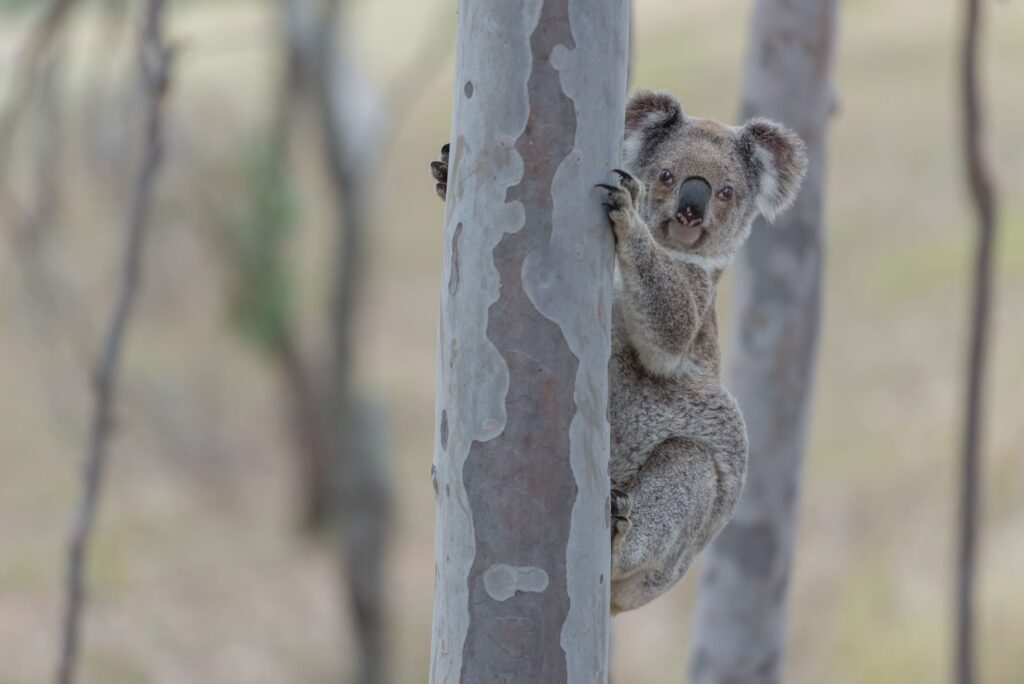
Setting the record straight
Whilst the debate is showing no sign of cooling, NSW Farmers has chimed in with its own campaign to dispel some myths and get its message across about the issue which is complicated and difficult for many city dwellers to truly understand.
A full page advertisement ran in yesterday’s (Monday) The Daily Telegraph newspaper explaining why farmers are such strong objectors to the SEPP. An opinion editorial also featured in The Daily Telegraph last week giving the NSW Farmers’ perspective on the matter.
NSW Farmers’ President James Jackson also spoke about the issue with Alan Jones on Sky News last Thursday night to drive home the message.
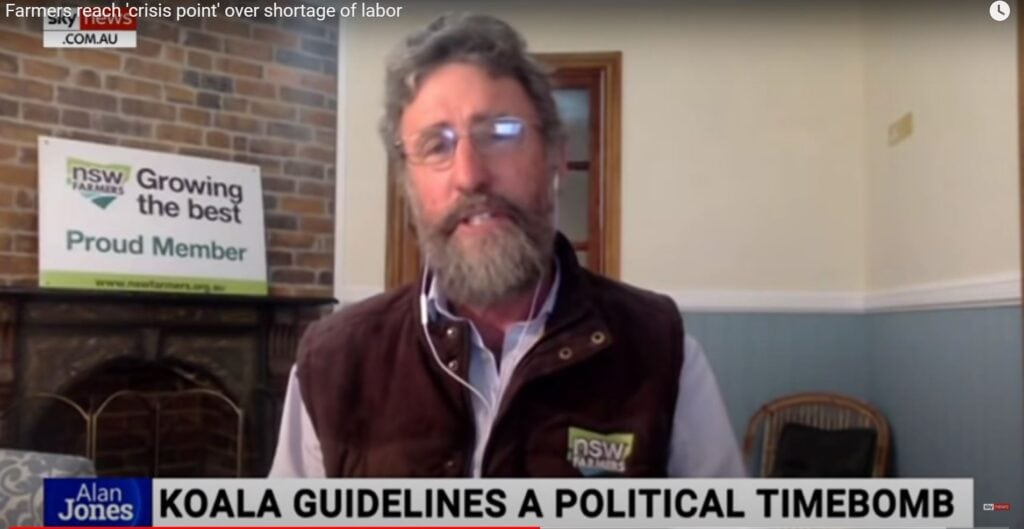
Koala tensions: what exactly is the issue?
At the heart of the issue is that the SEPP expanded the definition of what constitutes a ‘Core Koala Habitat’ with the number of tree species considered to provide food and shelter for koalas dramatically increased from 30 to over 120.
It also reset how to define whether koalas were actually living in that habitat.
This change meant that if there had been a registered sighting of a koala in the last 18 years, the area was considered Core Koala Habitat with the landholder then bound by the SEPP regulations. This did not take into account that male koalas move around.
Another issue is the mapping that has been used to determine Core Koala Habitat has been found to be inaccurate in a large number of cases, prompting calls for a re-examination of how the maps are set.
Power with local councils
Local councils are tasked with classifying areas as Core Koala Habitat. If this classification is applied to a farm, then the council under ministerial direction, can declare it an Environmental Zone (EZone) and this curtails some continuing and any new agriculture activities.
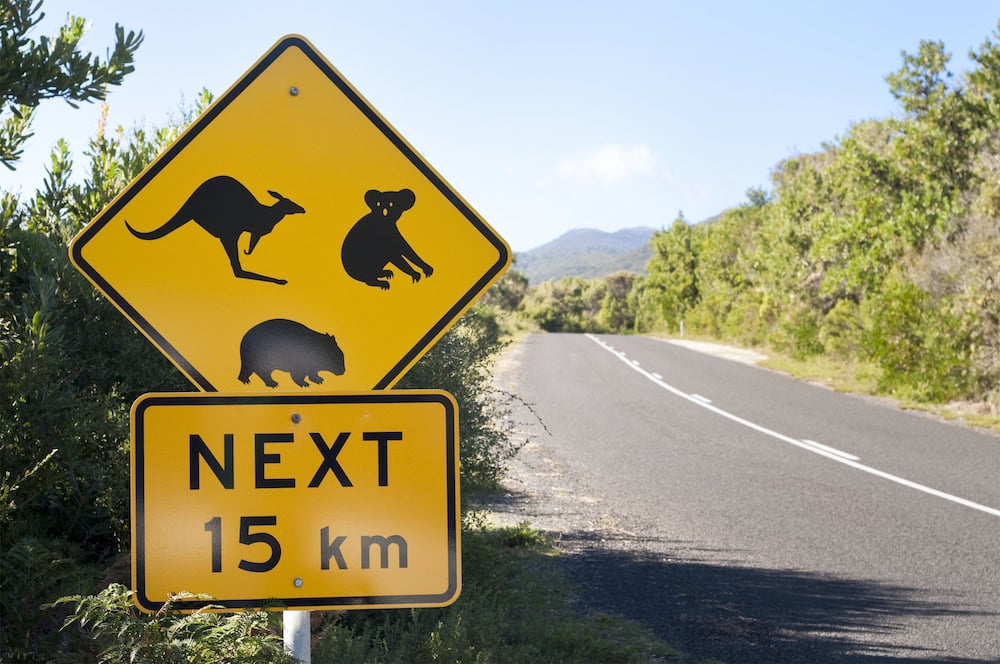
If a local council applies the Core Koala Habitat definition to land, any rural activity beyond a fencing replacement, and in some councils even that, would require a development application to be lodged. This would apply if a farmer was looking to build a shed on the farm.
“The DA will create large costs for the application, and prohibitive costs in offsetting vegetation that would have been cost free under the Land Management Code,” says NSW Farmers’ President James Jackson.
Not opposed to koala conservation
NSW Farmers wants it made very clear that the association is not opposed to koala conservation.
“NSW Farmers is not opposed to koala conservation. In fact it’s farmers that are doing more than their fair share of amazing conservation work protecting koalas across NSW.”
NSW Farmers’ President James Jackson
Mr Jackson pressed this point in a recent interview with Alan Jones on Sky News last week, saying it was a shame farmers were being painted in some sections of the media as koala killers.
“Our interests and the koala interests are largely aligned. We control feral dogs because they kill our lambs but they also kill koalas. We put in fire breaks and we control the canopy so we don’t have catastrophic crown fires which also kill koalas. We control feral pigs and they kill koalas. We actually look after the koalas far better than the state government does.”
NSW Farmers’ President James Jackson tells Alan Jones on Sky News
What needs to happen now
NSW Farmers is calling on the NSW Government to work together constructively and refocus the SEPP to protect koalas on the edge of our large urban centres.
The association is calling the NSW Government to engage with farmers to protect koalas, including supporting farmers for their conservation work. The NSW Land Management Codes and Biodiversity Conservation Act provide fit-for-purpose tools to support farmers to manage their land and foster habitat and species protection.
Mr Jackson says taking an action pathway such as this would protect the many koala populations that have existed happily on NSW farms for decades, and also ease the simmering koala tensions.
If you enjoyed reading this story, you might like our feature on the new pork plan.



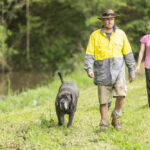
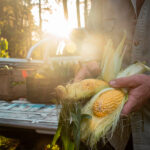

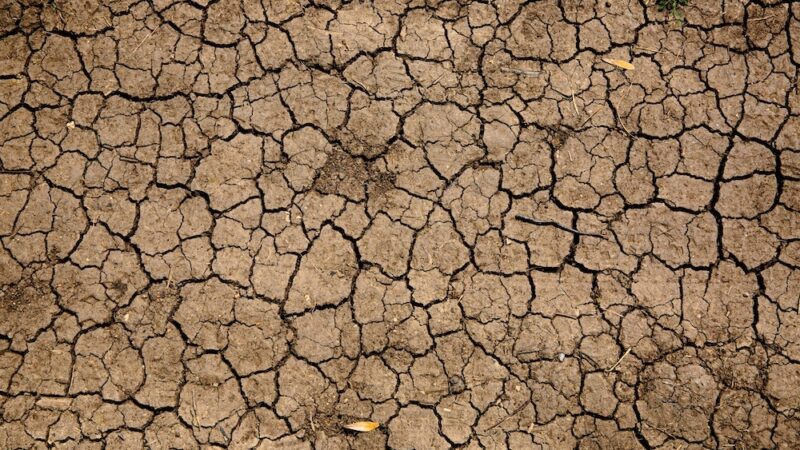
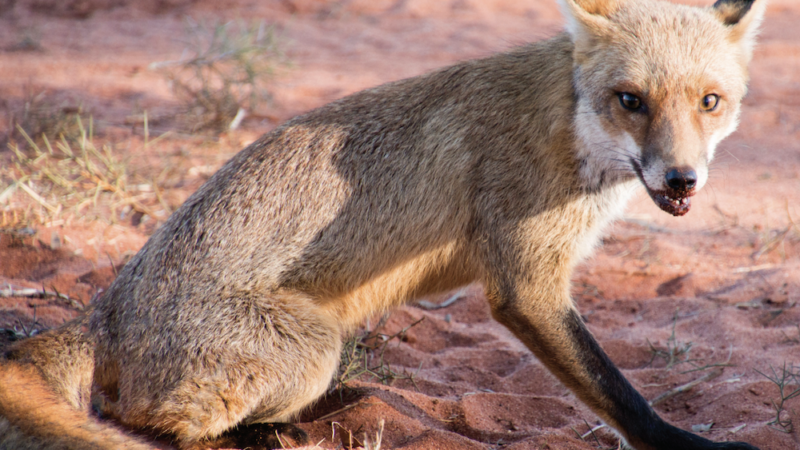
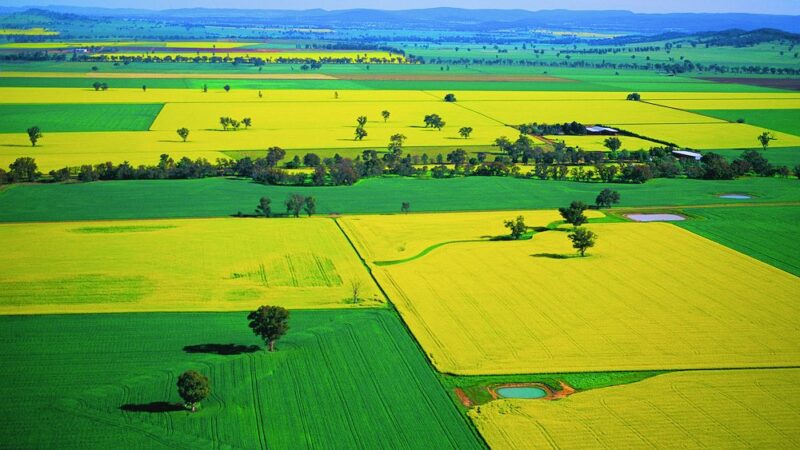
Yes farmers not opposed to koalas
I have fenced off an area where they breed and eat and baited wild dogs .. asked koala Australia for support to count or anything else to help them and hear nothing ??